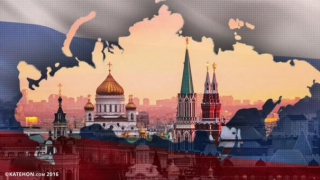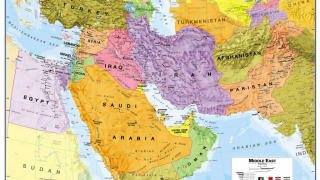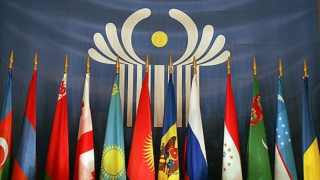01.10.2021
We meet the scholar Alessandro Fanetti, author of the book “Russia: in search of the lost power” (Edizioni Eiffel, 2021) [1], to face the reality of...
21.10.2024
In essence, we are changing our ideology for the third time in 35 years. Until the early 1990s, society was under the dictatorship of Marxism-...
06.10.2024
Alexander Dugin contends that Donald Trump’s rhetoric is reshaping the American political landscape by addressing the growing discontent with the...
02.08.2016
The European Union is concerned over the prospects of a resumption of the “Turkish Stream” pipeline construction. Reuters has reported this, citing a...
07.12.2016
Russian Deputy Prime Minister Dmitry Rogozin has reported that the agreements on the supply of wheat grain have been reached within the Russian-...
30.10.2019
On September 14, 2019, two major oil processing facilities of the Kingdom of Saudi Arabia (KSA) were hit by multiple drones and missiles. The oil...
25.04.2013
America is not just a continent which, more or less randomly, takes place in the far West on the maps of the world, but at the same time is,...
19.07.2018
There are a number of elements in the recent release of an indictment of twelve named alleged Russian military intelligence GRU officers by Deputy...
30.11.2016
In Moscow, a meeting of the CIS countries’ defense ministers is beginning.
13.03.2017
Secretary of State Rex Tillerson, a former oil executive with no government experience, has yet to make an impact in Washington, where he has not...
06.10.2022
In the structure of the modern Western world, wars currently no longer serve the purpose of settling scores between two countries, moved by the...














